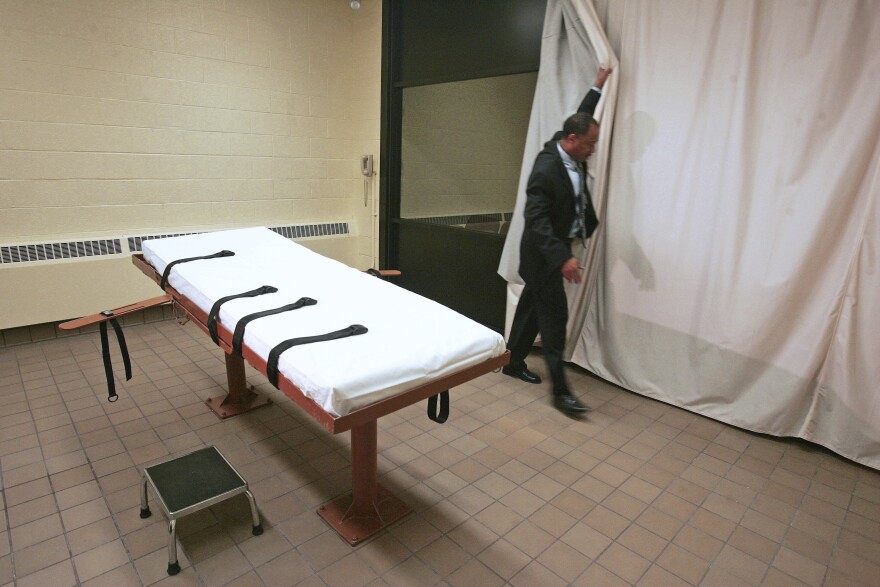For the sixth time in a decade, a Democratic state lawmaker has proposed a bill to end the death penalty in Ohio. But this time, the measure has significant Republican support.
State Sen. Nickie Antonio (D-Lakewood) has been working on a death penalty moratorium since 2011. She's introduced similar bills in 2013 and in 2015, with then-Rep. and current Sen. Niraj Antani (R-Miami Township).
She was alone in proposing the ban in 2017, and was joined by Republican co-sponsor state Sen. Peggy Lehner (R-Kettering) for her first Senate bill try in 2019.
Things are different this time, Antonio said.
“For the first time, we announce today a bipartisan team of legislators to abolish the death penalty in the state of Ohio," she said.
Antonio was joined on the conference call announcing the legislation by several Democrats and Republicans who seem unlikely to agree on anything beyond this issue. State Reps. Adam Miller (D-Columbus) and Jean Schmidt (R-Loveland) even joined the call together from Miller's office.
Antani was among them, noting that he joint-sponsored that similar ban with Antonio in 2015.
“I said we should only try again once we’ve made more progress. That time is now," Antani said.
The ACLU of Ohio, which has long opposed the death penalty, released a statement praising the legislation.
" We strongly support this effort in solidarity with death row exonerees, victim’s family members, religious organizations, advocacy groups, and lawmakers on both sides of the aisle ready to part ways with an arbitrary, racist, expensive, ineffective, and unjust branch of Ohio’s criminal legal system," wrote Ohio ACLU executive director J. Bennett Guess. "As of today, 23 states plus Washington D.C. have cut ties with the death penalty. Ohio can and should be the next.”
Gov. Mike DeWine hasn’t allowed any executions since he took office in 2019, saying at first that he wouldn't allow executions that could be considered "cruel and unusual." Since then, he's repeatedly said the state is unable to find the drugs needed to carry out lethal injections, the only legal form of the death penalty in Ohio.
DeWine said lawmakers need to address that lethal injection is impossible from a practical perspective.
The Ohio chapter of Conservatives Concerned About the Death Penalty launched last year, and the head of that group, Hannah Kubbins, now leads the non-partisan Ohioans to Stop Executions.




